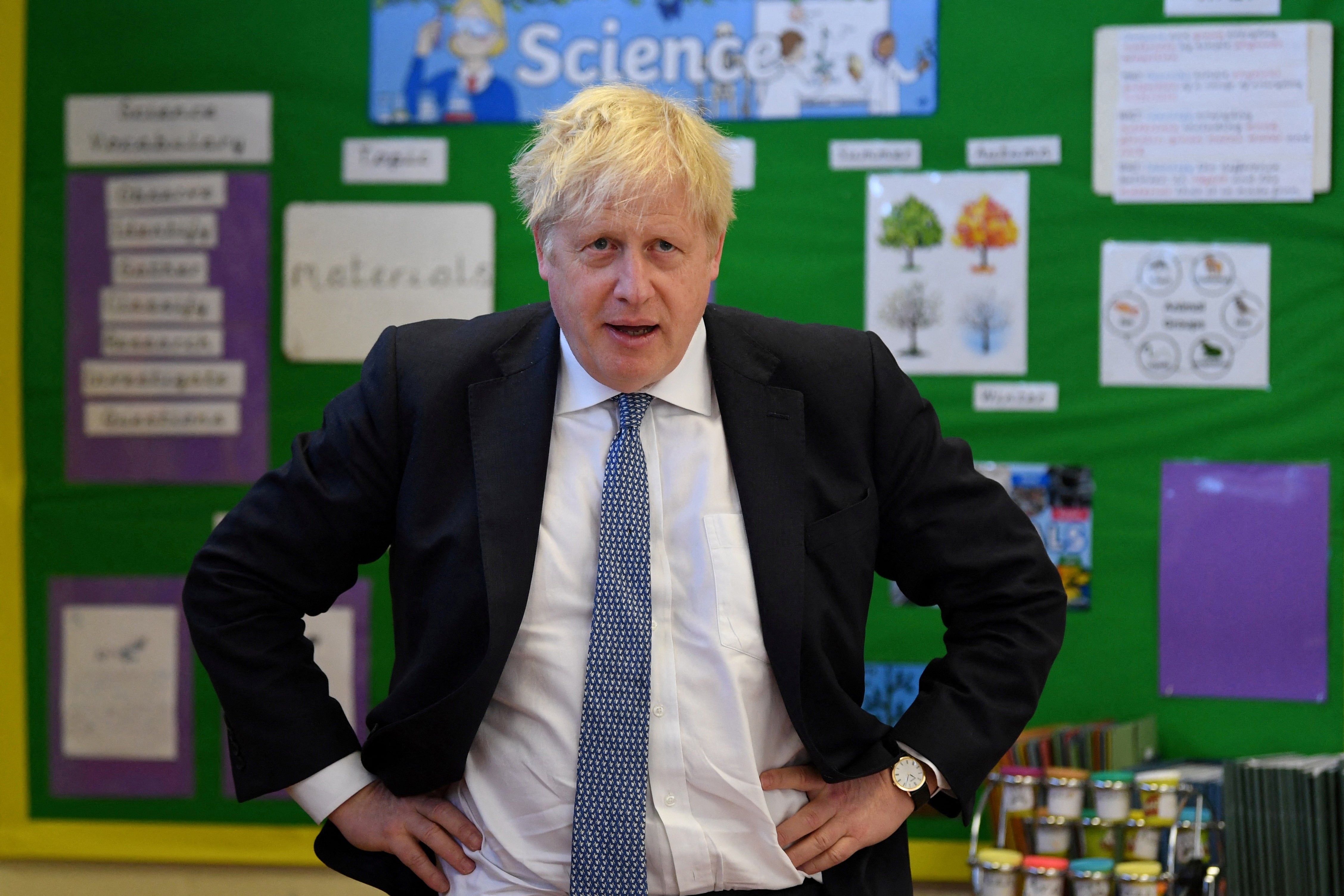Levelling up funding bids rejected in 28 of England’s most deprived councils
Blackpool and Knowsley had all bids for funding rejected

Your support helps us to tell the story
From reproductive rights to climate change to Big Tech, The Independent is on the ground when the story is developing. Whether it's investigating the financials of Elon Musk's pro-Trump PAC or producing our latest documentary, 'The A Word', which shines a light on the American women fighting for reproductive rights, we know how important it is to parse out the facts from the messaging.
At such a critical moment in US history, we need reporters on the ground. Your donation allows us to keep sending journalists to speak to both sides of the story.
The Independent is trusted by Americans across the entire political spectrum. And unlike many other quality news outlets, we choose not to lock Americans out of our reporting and analysis with paywalls. We believe quality journalism should be available to everyone, paid for by those who can afford it.
Your support makes all the difference.Twenty-eight councils in the most deprived areas of England have had their bids for a £1.7 billion levelling up fund rejected, according to an investigation.
Described by Boris Johnson as the “defining mission” of his government, levelling up aims to reduce geographic economic, social and health inequalities.
Last year ministers allocated the first round of levelling up funding — £1.7 billion — from central government, but questions have been raised over the process.
According to BBC Panorama, which sent freedom of informations requests to councils in the 100 most deprived areas of the country, 28 had all their bids rejected.
They included Blackpool and Knowsley, where the local Labour council leader criticised the government’s decision to reject three separate funding bids in February.
The BBC added that 38 councils won all, or some, of the money requested while 34 councils did not submit a bid in this round.
Labour’s Lisa Nandy, the shadow levelling up secretary, said: “We need a government with the same level of ambition for this county as the people in it.”
“Forcing communities to compete for scraps from Whitehall is no substitute for investment to bring good jobs back to communities that have seen them bleed away for decades, and handing real power to communities to make the change for ourselves,” she added.
Earlier this year, the government published a levelling up white paper — setting out 12 “missions” with 10 year timeframes for the flagship policy.
They include boosting living standards, improving literacy and numeracy, regeneration, devolving further powers , reducing health disparities, and improving transport connectivity outside the capital.
But with concerns over the cost-of-living crisis and rocketing energy bills, Michael Gove, the levelling up secretary also told the BBC the government’s plans were more difficult and more important as a result of rising prices.
Mr Gove said: “At a time when inflation is rising that means every pound of government spending is worth a little bit less in a year’s time than it was last year. It is a tough climate — it is tough for everyone.”
“Unless we stick to those missions [in levelling up white paper], then the cost-of-living issues that we face at the moment will deepen inequality,” he added.
“It is both much more important and also that little bit more difficult”.
A spokesperson at the Department for Levelling Up, Housing and Communities said: “The Levelling Up Fund (LUF) is just one part of the government’s work to spread opportunity, reverse inequality and make a real difference to people’s lives
“Of the areas selected by the BBC that bid in the first round of the LUF, the majority received funding. Unsuccessful bidders have been offered feedback and will be able to bid again in future rounds. All bids are assessed in a way which is fair, transparent and robust.”

Join our commenting forum
Join thought-provoking conversations, follow other Independent readers and see their replies
0Comments